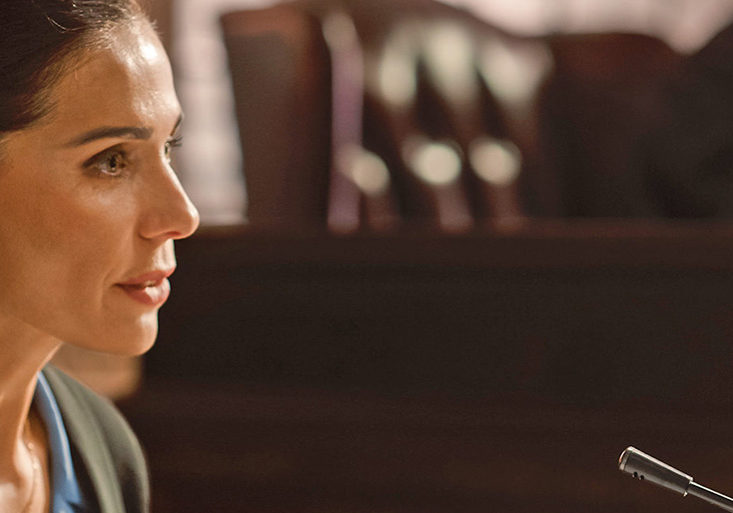Economic damages experts often assume liability, i.e. that the defendant’s alleged wrongful conduct, in fact, occurred. Causation of injury is a legal issue that is addressed by the plaintiff’s legal counsel. Causation of damages, however, is an issue the damages expert must address in their determination of damages to lend credibility to their opinion or prevent their testimony from being excluded.
Economic damages experts must demonstrate a causal link between the alleged wrongful conduct and the calculated damages. This entails considering all other factors that may have contributed to the loss, e.g. actions of the plaintiff, general economic conditions, or shifts in consumer/user attitudes. It is inappropriate for the damages expert to simply assume that all negative consequences were caused by the alleged wrongful conduct. This may result in the expert’s testimony being excluded.
For example, assume the plaintiff is a manufacturer and alleges that the defendant supplier breached a supply agreement. The damages expert not only needs to determine whether the plaintiff lost business, but also whether any other factors contributed to that loss. The damages expert can utilize various analyses, such as regression analysis and Monte Carlo simulations, in addition to basic economic and industry research. If the damages expert can rule out or isolate the effect of other factors, it bolsters their testimony by establishing proximate cause – linking the calculated damages to the alleged wrongful conduct.
In summary, damages experts cannot properly quantify economic damages without considering causation. While they may be asked to assume causation of injury, they need to establish the causal link between the alleged actions and the calculated damages. The damages expert should be able to explain how the damages resulted from the alleged wrongful conduct and was the proximate cause of such damages.

